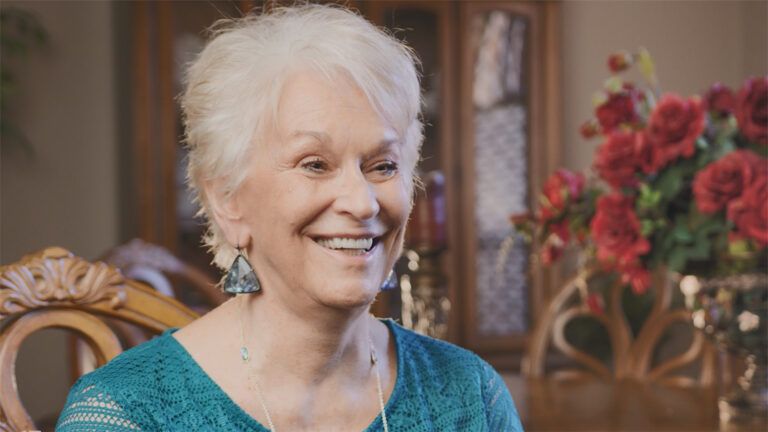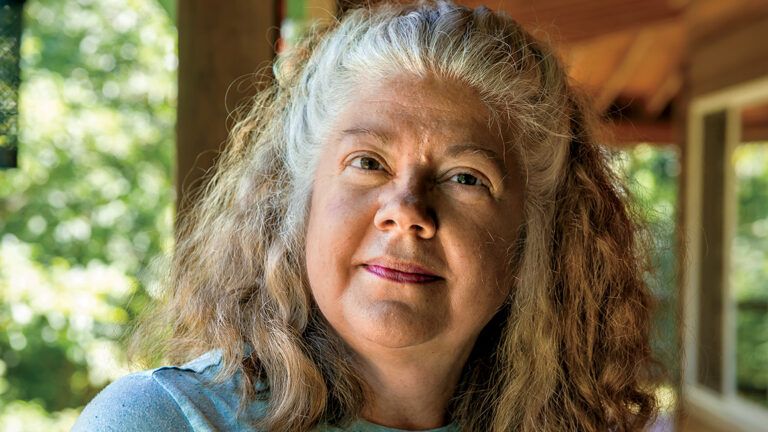This article is based on information provided by Home Instead Senior Care.
Leading an outgoing and active lifestyle in your senior years may lessen the impact of dementia, according to several studies. While the benefits of social connections have been identified, new information suggests that older adults with a laid back personality may not only avoid many consequences of stress but may also have a lower risk of developing dementia.
It now appears that older adults with laid back temperaments not only avoid many of the consequences of stress, but may also have a lower risk of dementia.
Q. Does personality have an effect on dementia and other issues associated with aging? I’m wondering what research might show.
A number of studies have pointed to the fact that being socially active is a positive lifestyle for seniors and one that seems to lessen the impact of dementia.
New research suggests that older adults who are active and less prone to stress, even if they’re not as socially involved, have a lower risk of developing dementia. According to a recent study, people who were socially isolated or inactive but relaxed had a 50 percent lower risk of developing dementia compared with people who were isolated and prone to distress. The dementia risk was also 50 percent lower for people who were outgoing and relaxed compared with those who were outgoing but prone to distress.
“In the past, studies have shown that chronic distress can affect parts of the brain, such as the hippocampus, possibly leading to dementia, but our findings suggest that having a relaxed and outgoing personality in combination with an active lifestyle may decrease the risk of developing dementia even further,” says study leader Dr Hui-Xin Wang, at the Aging Research Centre (ARC) in Stockholm.
“The good news is, lifestyle factors can be modified as opposed to genetic factors which cannot be controlled. But these are early results, so how exactly mental attitude influences risk for dementia is not clear,” said Wang, whose research was published in Neurology, the medical journal of the American Academy of Neurology.
Since companionship can be a significant factor in reducing this risk, consider doing whatever you can to keep the senior in your life from being isolated. See to it that your loved one is able to get out and spend time not just with others in his or her own age group but with people of all generations. If your senior is homebound then consider hiring a companionship service such as Home Instead Senior Care®.
A Home Instead CAREGiverSMcan help older adults by providing companionship from a few hours up to 24 hours a day, on weekends and even holidays. CAREGivers are screened, trained, and insured, and many are seniors, too.
For more information about this study, log on to http://ki.se/ki/jsp/polopoly.jsp?d=130&a=67778&l=en&newsdep=130.






